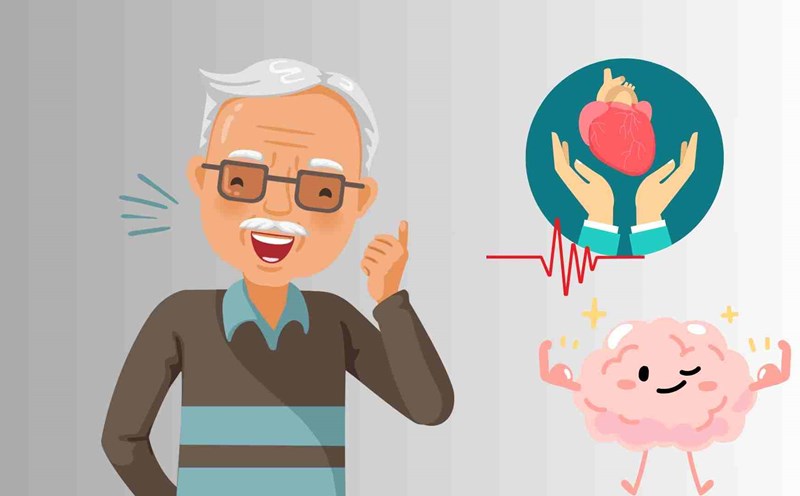Your 30s are considered an important stage in building a foundation for long-term brain health. Taking care of your brain right now will help you stay alert and prevent memory-related diseases in the future.
Here are 5 essential things you should do to keep your brain healthy:
1. Daily brain stimulation
Dr. Prashant Makhija, a consultant neurologist at Wockhardt Hospital, Mumbai, emphasizes that the age of 30 is the time when the brain needs as much care as the body. He advised challenging brain intelligence by learning a new language, reading a variety of books or practicing new skills. This stimulation promotes the ability to change the neurons and develop intelligence.
2. Diverse, nutrient-rich diet
Dr. Shivakumar HR at SS SPARSH Hospital, Bangalore, said that the brain develops strongly thanks to nutrients such as omega 3 fatty acids, magnesium, coenzyme Q and vitamin D, which are all often lacking in modern diets. These nutrients not only support memory but also help regulate mood, reduce stress, prevent anxiety and cognitive decline.
3. Detoxify the brain by disconnecting
Modern life with many electronic devices often causes the brain to be overloaded and overexcited. Dr. Shivakumar notes that quiet moments, away from the screen and spending time in silence are essential for the brain to have the opportunity to recover and re-establish.
4. Healthy physical, mental and emotional health
Hormonal changes in your 30s can affect your memory and ability to concentrate. According to Dr. Makhija, regular exercise helps improve blood circulation to the brain and balance hormones, while promoting the development of new brain cells. In addition, habits such as yoga, meditation, and journaling help reduce chronic stress.
5. Get enough and quality sleep
Deep sleep is when the brain performs detoxification activities and consolidates memory. Dr. Makhija recommends taking sleep seriously, avoiding considering insomnia as normal. Setting a foundation for good sleep from the age of 30 will help you maintain sustainable cognitive health.
In addition, maintaining social relationships is also very important. Social connections activate brain regions involved in feelings of happiness and attachment. Dr. Shivakumar emphasizes that maintaining social relationships helps you avoid loneliness, mental stress and reduce the risk of memory loss as you age.
Your 30s are a key milestone for you to take care of and develop your brain comprehensively, from nutrition, exercise, rest to spirit. Start today to protect your brain health for the long haul ahead.











